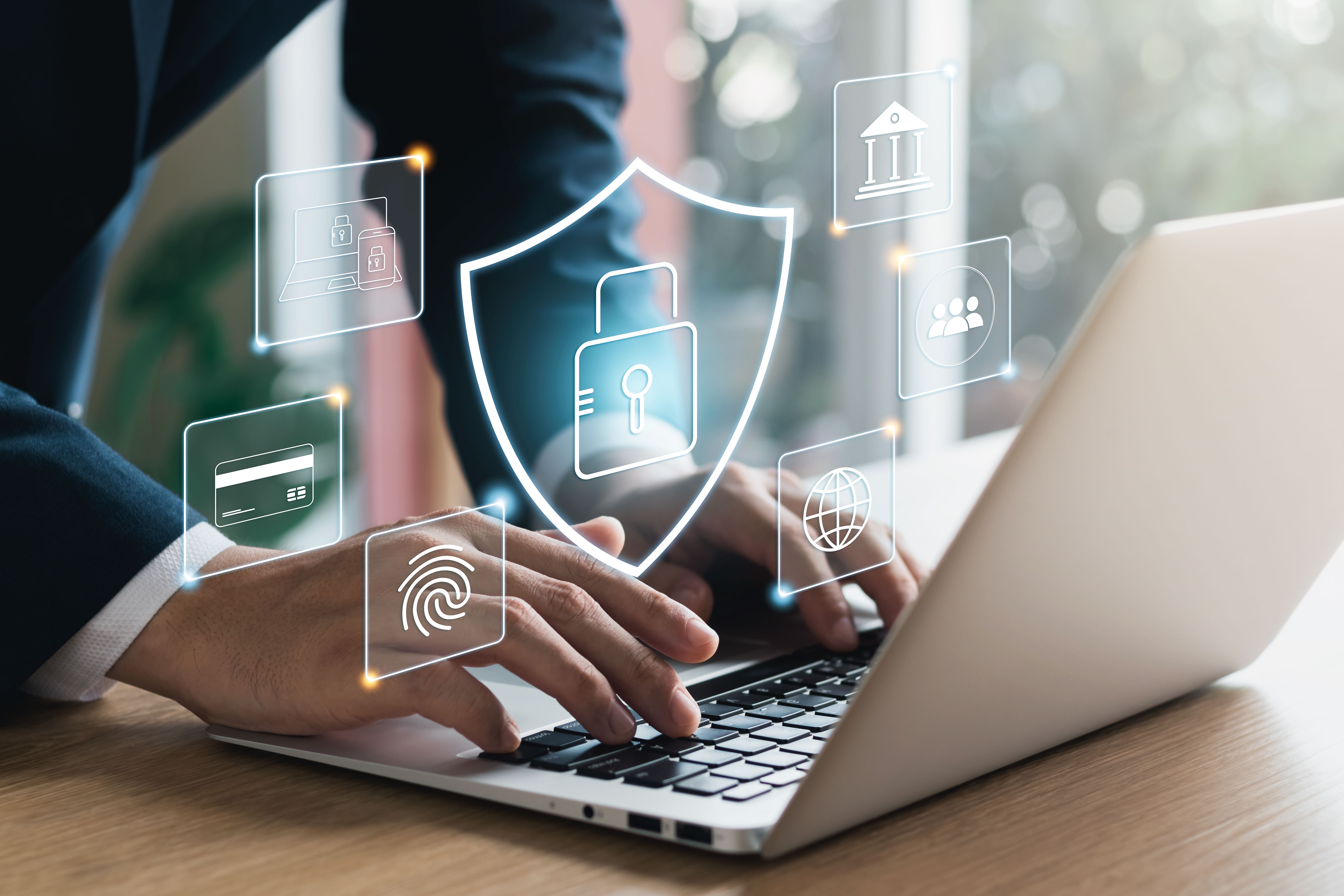Information Security Essentials for Businesses in Doha
Understanding the Importance of Information Security
In today's digital age, information security is a critical concern for businesses worldwide, and Doha is no exception. With the increasing reliance on technology, protecting sensitive data from cyber threats has become a top priority. Ensuring robust information security measures not only safeguards your business operations but also builds trust with your clients and partners.

Identifying Potential Threats
Businesses in Doha must be aware of the various types of cyber threats they may encounter. These include phishing attacks, malware, ransomware, and insider threats. By understanding these potential risks, companies can better prepare and implement appropriate security measures to mitigate them. Regular training and awareness programs for employees can also help in identifying and preventing such threats.
Implementing Strong Access Controls
Access control is a fundamental aspect of information security. It involves restricting access to sensitive data and systems to authorized personnel only. Businesses should adopt a principle of least privilege, ensuring that employees have access only to the information necessary for their roles. This can be achieved through robust authentication mechanisms, such as multi-factor authentication (MFA), to enhance security.

Data Encryption Practices
Encrypting data is one of the most effective ways to protect it from unauthorized access. By converting sensitive information into a secure code, businesses can ensure that even if data is intercepted, it remains unreadable without the correct decryption key. It is crucial for companies in Doha to implement encryption for both data at rest and in transit to maintain confidentiality and integrity.
Establishing a Cybersecurity Policy
A comprehensive cybersecurity policy serves as a roadmap for protecting digital assets. It outlines the procedures and protocols that employees must follow to ensure data security. This policy should cover aspects such as password management, data handling procedures, and incident response plans. Regularly updating this policy helps address evolving cyber threats and maintain compliance with regulatory requirements.

Regular Security Audits and Assessments
Conducting regular security audits and assessments is vital for identifying vulnerabilities within your IT infrastructure. These audits provide insights into areas that need improvement and help in implementing necessary security measures. Engaging third-party security experts can offer an unbiased evaluation and ensure that your business adheres to industry best practices.
Investing in Security Technologies
Technology plays a crucial role in enhancing information security. Businesses should invest in advanced security solutions such as firewalls, intrusion detection systems, and antivirus software. Additionally, implementing a robust backup system ensures that your data can be quickly restored in case of a cyber attack or data loss incident.
Building a Culture of Security Awareness
Creating a culture of security awareness within your organization is essential for effective information security. By fostering an environment where employees understand the importance of cybersecurity and their role in maintaining it, businesses can significantly reduce the risk of breaches. Regular training sessions and workshops can keep staff informed about the latest security practices and emerging threats.
